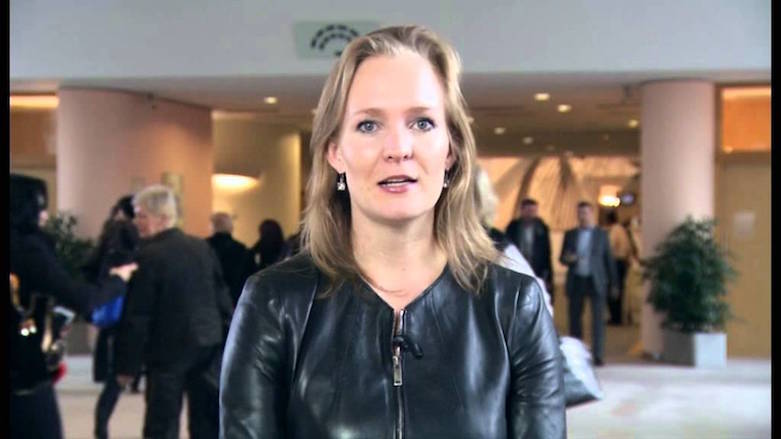EU criticized for weak report on Iran human rights amendment

LOS ANGLES, United States (Kurdistan 24) – The European Union Committee on Foreign Affairs recently voted on and rejected the amendments of the EU strategy towards Iran after the nuclear agreement.
Marietje Schaake, the EU Member of Parliament on IHRDC’s board, reported that the liberal’s rejected the amendments for being too vague on human rights issues.
“While we welcome the agreement with Iran as a success of EU and multilateral diplomacy, this report lacks balance and fails to address key issues for our political group,” Schaake stated.
She added the Foreign Affairs Committee seeks “unequivocal condemnation of human rights violations,” including Iran’s support for Assad who has killed several thousand civilians.
Moreover, she slammed the statement for its vague wording on blatant violations of international law.
“It seems a gold rush is blinding MEPs, even though high levels of corruption and state interference in the economy also impact their ability to do business in a predictable and transparent way,” Schaake continued.
The statement said Iran ranked lowest on all lists related to human rights violations, referring to executions, torture, banning free speech, violating women and minorities’ rights.
Additionally, she urged the EU to be more transparent and forceful in developing a relationship with the Islamic Republic of Iran.
“There must be clear conditionality with benchmarks that need to be met before cooperation can evolve,” the statement concluded.
Last week, the United Nations Secretary-General Ban Ki-moon issued his latest report on the situation of human rights in Iran to the UN General Assembly.
Ki-moon offered an overview of Iran’s human rights situation in the 71st session, condemning the death penalty, execution of minors, torture, and inhuman or degrading treatment and punishment.
He also mentioned the freedom of expression, situation of civil society actors, the status of women, and treatment of individuals belonging to religious and ethnic minorities.
Highlighting the situation of prisoners, the UN deplored Iran for solitary confinement, lack of access to adequate health care, flogging and stoning to death.
Editing by Karzan Sulaivany
